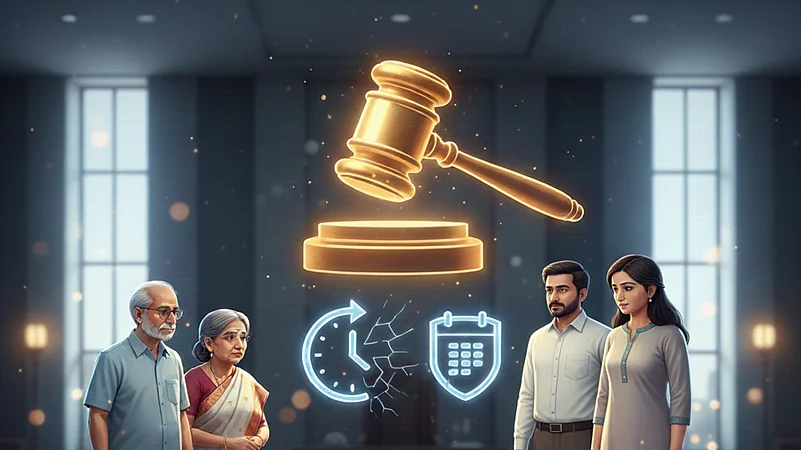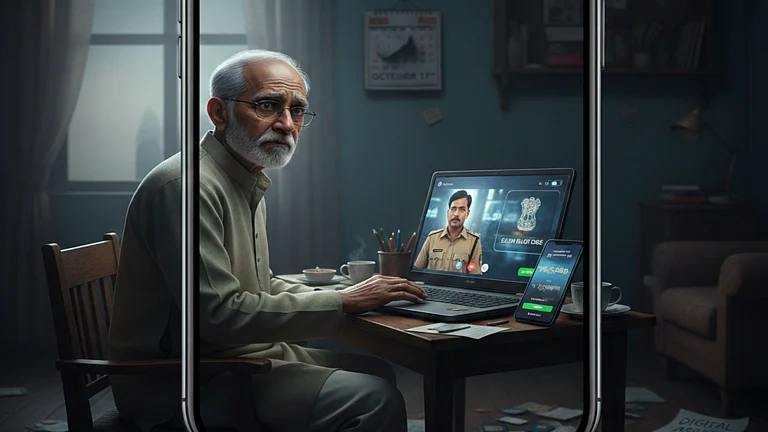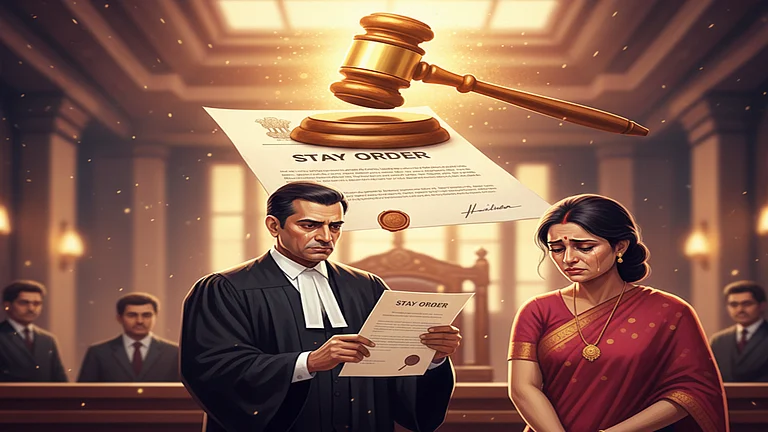
Summary of this article
The Delhi High Court ruled that senior citizens don't need to prove ill-treatment or non-maintenance by legal heirs to claim eviction rights
The case involved a senior citizen seeking eviction of his daughter and her family from his property due to alleged harassment
The court set aside an Appellate Authority’s order and restored the original eviction order by the District Magistrate
The Maintenance and Welfare of Parents and Senior Citizens Act, 2007, has provisions giving the right to senior citizens to seek eviction of their legal heir from their property, under certain conditions.
While the law permits it, in general, find often find it emotionally difficult to evict their legal heirs, usually children. Recently, while hearing an eviction-related case on November 21, the Delhi High Court ruled that the delay in filing a complaint cannot be the reason to deny relief to senior citizens where they desire to evict their legal heirs.
The court held that the legal premise “that it is mandatory and necessary pre-requisite for a senior citizen to establish ill-treatment or non-maintenance by his or her legal heirs / children for being entitled to the relief of eviction and / or other beneficent provisions of the Senior Citizens Act, is legally misconceived and contrary to settled law”, while passing the order.
The case pertained to a senior citizen (petitioner), who sought eviction of his daughter and her family from his property on the premise of ill-treatment and harassment.
Case Background
The petitioner lives on the first floor of his property in New Ranjeet Nagar, Delhi. He received this property in 1976, in an allotment by the Delhi Development Authority (J.J.Cell).
In 2014, the petitioner permitted his daughter and her family (respondents) to live on the property’s second floor as a permissible licensee, and executed a rent agreement for the same. However, conflicts arose between them, and the relationship deteriorated. It was allegedly due to the ill-treatment of the petitioner and his wife by the daughter and her family.
In March 2021, the father filed a complaint under the Senior Citizens Act and sought eviction of his daughter. In March 2022, the District Magistrate (DM) then directed the respondents to vacate the second floor.
The respondents challenged this order, and in August 2023, the Appellate Authority (Divisional Commissioner) set aside the eviction order passed by the DM. In response to this, the petitioner challenged the Authority’s decision and filed this petition.
Arguments
The petitioner’s counsel argued that the petitioner was subjected to harassment and abuse and that the lack of immediate action since 2014, when the daughter and family moved in, is a misplaced reason for setting aside the petition. He also argued that the respondents are mere licensees without superior ownership rights.
The respondents’ counsel contended that the petitioner should be rejected because it does not fulfil two conditions: one, it is not the petitioner’s self-acquired property, and two, there was no proof of ill-treatment or harassment, for which the seniors can use their eviction rights.
Court Observation
The court observed that the Appellate Authority’s stance to consider ill-treatment or non-maintenance as a prerequisite for eviction is “legally misconceived”.
It also noted that the contention of the respondent that “the right, title and ownership of the petitioner is limited/confined to the first floor of the subject property (where the petitioner is currently residing with his wife) and that the petitioner is, therefore, precluded from seeking eviction of respondent nos. 2 to 7 from the remaining floors, is wholly misplaced.”
Further, it held that the delay in making the complaint could be a reason, such as hope for reconciliation or hesitation in approaching authorities, and thus, it can be the ground for denying the eviction rights.
The court said that the daughter possessed the second floor because of the license granted by the petitioner; she had no independent title of interest to restrict the petitioner’s eviction rights.
Court Judgment
The court allowed the petition, set aside the Appellate Authority’s order dated August 28, 2023 and upheld the original eviction order passed by the DM. It directed the respondents to vacate the property within four weeks from the date of the judgment. The court also directed the concerned Deputy Commissioner of Police to ensure compliance with the order.


















